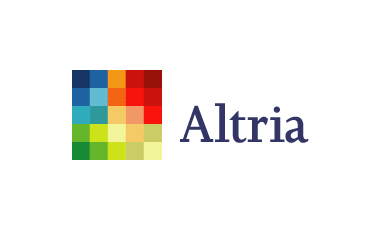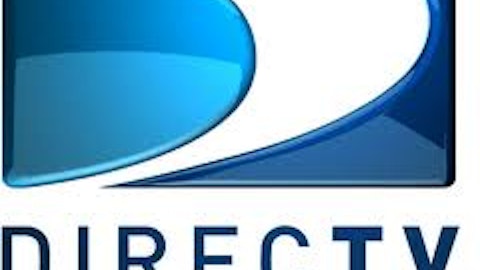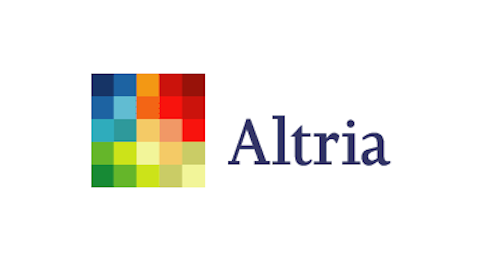Back in late March the head of US equity strategy for Deutsche Bank, David Bianco, stated that, “I’d welcome a stronger dollar… It contains the risk of any surge in interest rates, or inflation risk.’’ The statement was in reference to predictions by Deutsche Bank analysts that the dollar would strengthen by as much as 7% against the euro by the year’s end.
Coming back to the current month of July, the dollar has indeed strengthened, after climbing by over 6% year-to-date, making it the best performer of the 10 developed-nation currencies tracked by Bloomberg‘s Correlation-Weighted Indexes.
When currencies fall against a stronger dollar, it can cause larger losses in overseas holdings and negatively impact stocks that are heavily concentrated in places such as emerging markets. This trend may continue for some time as well, especially since the Federal Reserve is seriously considering a scaling-back of QE.
So, how to invest?
Domestics like strong dollars….
Companies that do all of their business (or at least a vast majority of it) in the United States will likely benefit from a strong dollar. Utilities and telecommunication companies come to mind when thinking of geographically-pure U.S. plays. One such company that looks fairly valued now is AT&T Inc. (NYSE:T).
AT&T Inc. (NYSE:T) is almost exclusively concentrated in the United States and has pulled back a little over the last three months:

This should provide a nice entry point for the stock, as shares currently yield over 5%. The company is also looking to put the past (filled with earnings destroying one-time charges relating to pension problems and hurricane damages) behind them and move back towards more normalized earnings– sporting a forward P/E ratio of only around 13.
The company is also currently rolling out its 4G LTE next generation technology, which should provide renewed, recurring earnings growth once completed, as the company won’t need to spend as much time and money on highly capital intensive projects and can reap in the benefits from their investment.
Another domestic company that currently looks attractively valued is Altria Group Inc (NYSE:MO). Like AT&T Inc. (NYSE:T), Altria Group Inc (NYSE:MO) also pays a dividend that yields around 5%. The company owns the iconic Marlboro brand and is trading at 16 times earnings, which equates to fair value. The company looks cheaper going forward, however, trading at around 14 times next year’s earnings.
Altria operates in a declining market, as smoking rates have fallen in the United States over the years, but this saturated, declining market still provides massive profits. Altria Group Inc (NYSE:MO) is a cash cow, and with their market share continuing to increase slightly, they now own almost 50% of the market for cigarettes.
While a decline in smoking rates in the U.S. seems troubling at first, it also increases the barriers of entry, which further solidifies this tobacco king’s moat. The company continues to generate massive free cash flow:

Altria is also a reliable provider of income, boosting its dividend payment every year for over 25 consecutive years. For these reasons, it makes a great play on the U.S.
Wait, wait, wait… but what if the dollar loses steam and reverses?
What if the dollar reverses and starts to weaken? Well, look no further than the tobacco company that was spun-off from Altria, Philip Morris International Inc. (NYSE:PM). Philip Morris International Inc. (NYSE:PM) sells many of the same brands as Altria Group Inc (NYSE:MO), including Marlboro, with the only difference being its markets.
While Altria operates almost exclusively in the United States, Philip Morris International Inc. (NYSE:PM) operates internationally in over 180 countries. It also has substantial exposure to emerging markets. With no exposure or presence in the U.S., many view the stock as a “bet against the dollar.” This may help to explain the recent pullback in its share price as the dollar has shot up:

Shares currently look attractively valued, with the company trading at a cheap 16-17 times trailing earnings and at about 14 times forward earnings. Shares also yield close to 4%. While PMI yields less than its U.S. cousin Altria Group Inc (NYSE:MO), it also has much better growth prospects as it operates in less saturated markets where a greater amount of future growth can be expected.
Operating in around 180 different countries also means that the company has a more diversified stream of revenue than Altria. This justifies a lower yield and perhaps a higher multiple.
Another attractively valued emerging market play is Abbott Laboratories (NYSE:ABT). After spinning off the majority of its pharmaceutical business, including its expiring blockbuster drug Humira into a newly created company named AbbVie Inc (NYSE:ABBV), Abbott Laboratories (NYSE:ABT) has a solid footing and focus in the lucrative nutritional markets, as well as the generic drug markets.
Both bode well for emerging markets, as generics are often the go-to in countries such as India and China, and nutritional businesses are also lucrative in these same markets where middle class families are growing at a quick pace. Abbott Laboratories (NYSE:ABT) is diversified in its markets and isn’t as international as Philip Morris International Inc. (NYSE:PM), as it still gets 30% of sales from the U.S., with another 30% from mature markets in countries such as Japan and Canada.
The company does, however, have a large amount of exposure to the BRICs (Brazil, Russia, India, and China), with these emerging markets providing 40% of sales. The company is currently trading at about 16 times forward earnings and yields around 1.60%. Abbott Labs will give an investor exposure to emerging markets, but won’t be as much of a “bet against the dollar” as a Philip Morris-like company will.
The bottom line
If the dollar continues to strengthen, domestic companies may be the way to go. One speed bump an investor might run into with these domestic high-yielders, however, is the fear of Fed tapering and rising rates, which may lead to an irrational sell-off in dividend stocks such as AT&T and Altria Group Inc (NYSE:MO). In the long-term, however, these companies should benefit from a stronger dollar.
To play against the dollar, or simply in the name of diversifying with an anti-dollar, emerging markets play as a hedge, Philip Morris International Inc. (NYSE:PM) looks like a cheap stock to stuff into your portfolio to serve this purpose. Abbott Laboratories will also give an investor adequate exposure to emerging markets, but will be less affected by a stronger dollar because unlike Philip Morris International Inc. (NYSE:PM), it operates in the United States as well.
Adding all four companies (which are attractively valued now) will give an investor a balanced approach to the effects of the dollar whichever way it heads, as well as a strong source of income. This may be the best way to play the constant strengthening/decreasing and ever-changing whims of the dollar over the long-term, as well.
The article How to Play a Stronger Dollar, or Hedge Against a Falling One originally appeared on Fool.com and is written by Joseph Harry.
Joseph Harry owns shares of AT&T;, Abbott Laboratories, and Philip Morris International. The Motley Fool owns shares of Philip Morris International. Joseph is a member of The Motley Fool Blog Network — entries represent the personal opinion of the blogger and are not formally edited.
Copyright © 1995 – 2013 The Motley Fool, LLC. All rights reserved. The Motley Fool has a disclosure policy.






